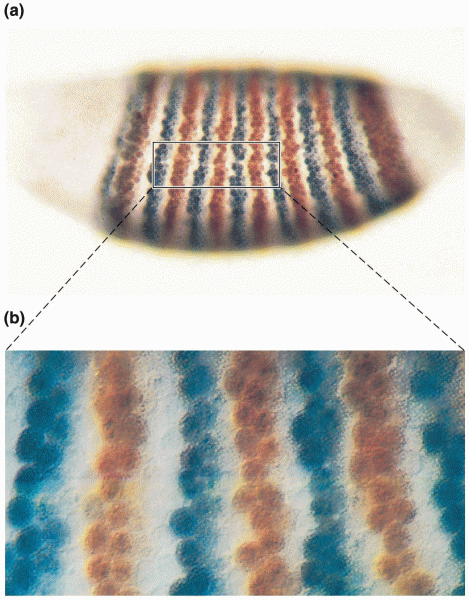|
|
|
On average, the stomach produces 2 L of hydrochloric acid per day.
This year, an estimated 1.4 million Americans will have a new or recurrent heart attack.
Chronic necrotizing aspergillosis has a slowly progressive process that, unlike invasive aspergillosis, does not spread to other organ systems or the blood vessels. It most often affects middle-aged and elderly individuals, spreading to surrounding tissue in the lungs. The disease often does not respond to conventionally successful treatments, and requires individualized therapies in order to keep it from becoming life-threatening.
Human stomach acid is strong enough to dissolve small pieces of metal such as razor blades or staples.
The first monoclonal antibodies were made exclusively from mouse cells. Some are now fully human, which means they are likely to be safer and may be more effective than older monoclonal antibodies.







